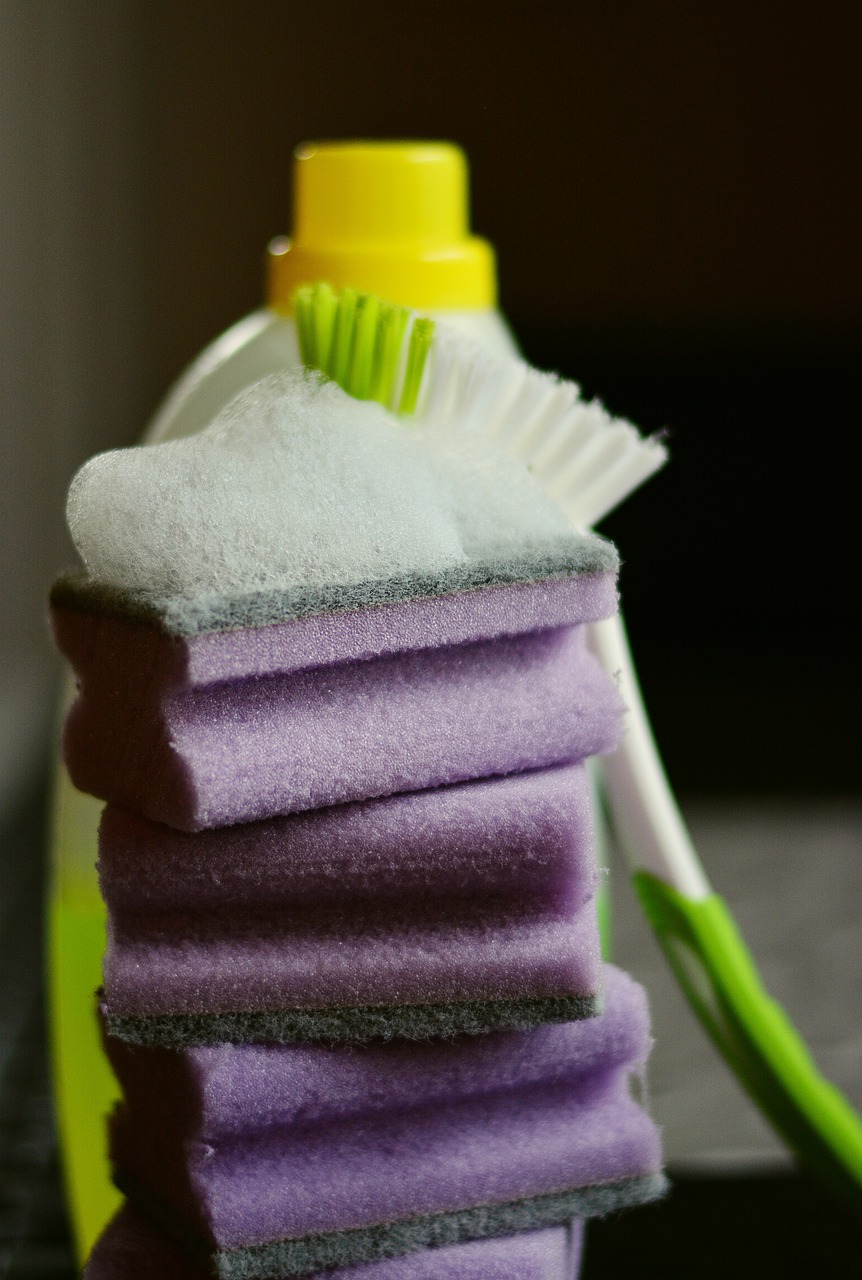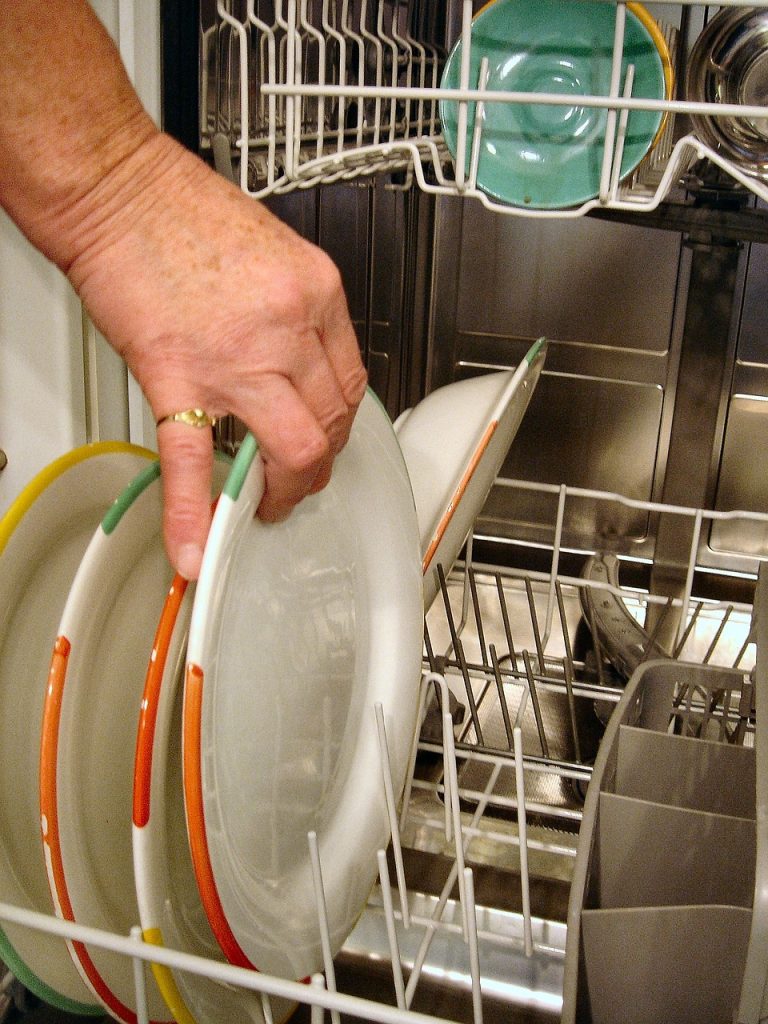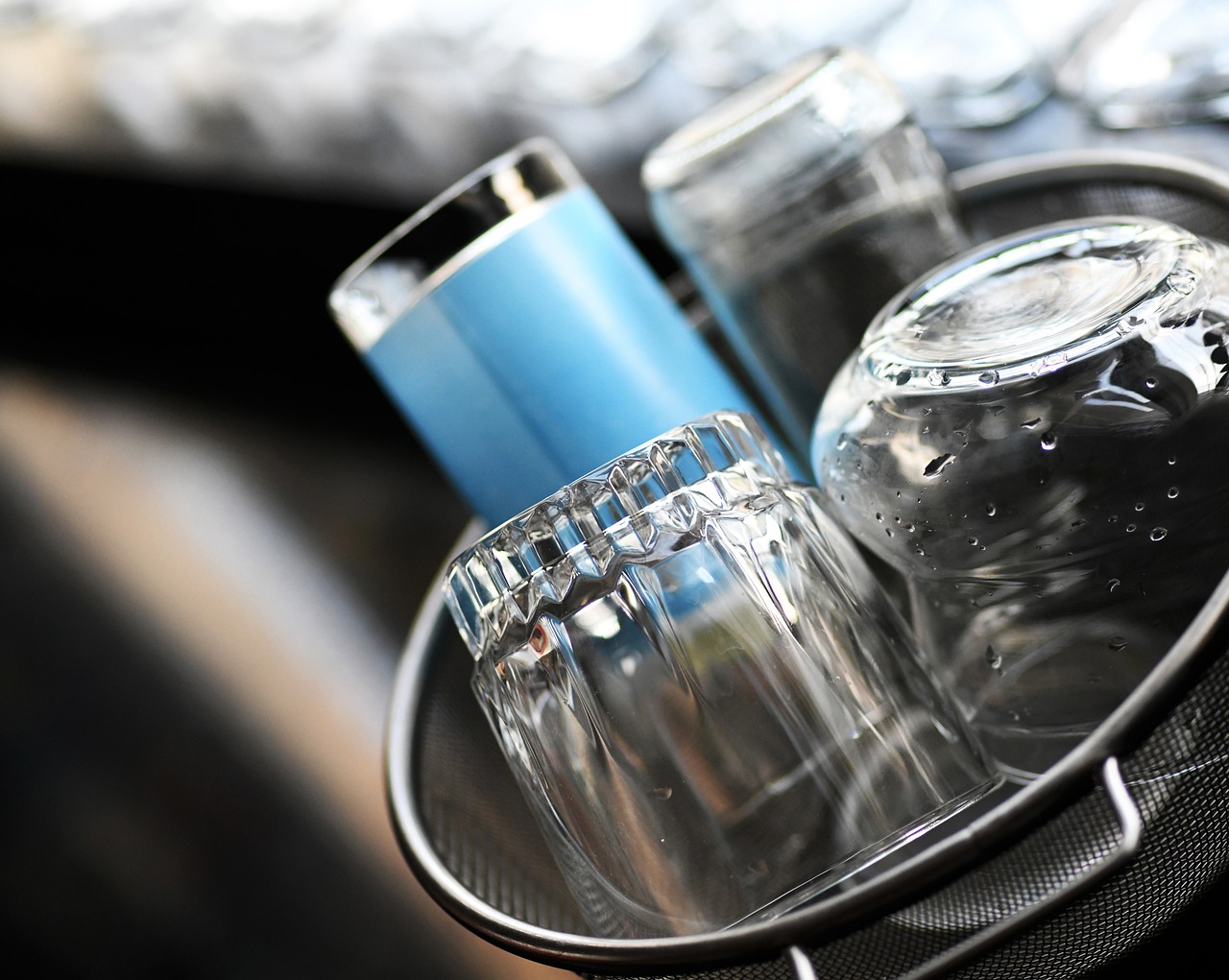Why Is My Dishwasher Not Cleaning Properly
You’re tired of dirty dishes after a dishwasher cycle, aren’t you? It’s frustrating when you’re left with grime and food particles.
Don’t worry! We’ve got you covered. In this article, you’ll discover common dishwasher problems, understand the impact of incorrect loading, learn about the role of detergents, and grasp the importance of professional maintenance and repair.
Let’s dive in and figure out why your dishwasher isn’t doing its job properly!
Understanding Dishwasher Functionality
To fully comprehend why your dishwasher isn’t cleaning properly, you first need to understand how it functions. Key dishwasher components work together to provide the thorough cleaning your dishes need.
The detergent dispenser releases soap into the dishwasher. The spray arms then distribute the soapy water onto the dishes. The heating element heats the water to the right temperature. And finally, the drain pump expels the dirty water.
But here’s the catch – each component has a specific appliance lifespan. Over time, these components can wear out or get damaged and cease to function effectively. When this happens, your dishwasher’s performance may decline, leading to less than sparkling dishes.

Understanding this can help you troubleshoot issues and extend your dishwasher’s life.
Common Dishwasher Problems
Now that you’ve got a handle on how your dishwasher works, let’s delve into some common problems that could be causing your dishes to come out less than sparkling clean. Dishwasher Noise Issues are often a red flag. If your machine is making strange sounds, it may indicate a damaged component. A sudden increase in noise could be due to a loose seal or a problem with the motor.
Next, let’s discuss Filter Replacement Necessities. Your dishwasher’s filter, responsible for trapping food debris, needs regular cleaning. If neglected, it can clog, leading to poor cleaning results. In some cases, replacement might be necessary.
Impact of Incorrect Loading
How often have you considered that the way you’re loading your dishwasher could be affecting its cleaning efficiency? The impact of incorrect loading can be substantial.
Incorrect dishware arrangement and poor load positioning can obstruct water jets, causing some items to remain dirty. When you’re loading your dishwasher, ensure you’re not overcrowding it. It’s better to run two cycles than to cram everything in one load.
Likewise, position your dishes so they’re exposed to the jets. Cups and glasses should go on the top rack, inverted. Plates and cutlery should be on the bottom, with the dirtiest side facing down.
Correcting these simple mistakes can significantly improve your dishwasher’s performance. Remember, how you load matters as much as what you wash.
The Role of Dishwasher Detergents
Even after perfecting your load strategy, if your dishes still aren’t coming out clean, it’s time to consider the role your dishwasher detergent plays in the process.
The type of detergent you use can make or break your dishwasher’s performance. Detergent types vary widely, from powders and tablets to gels and pods. Each has its strengths and weaknesses, but it’s essential you choose one suited to your machine and your local water hardness.
Detergent efficiency also matters. A high-efficiency detergent can help remove tough stains and food residues, leaving your dishes sparkling clean. Conversely, low-quality detergents might fail to dissolve properly, leading to a less-than-stellar clean.

Professional Dishwasher Maintenance and Repair
While you shouldn’t disregard the importance of selecting the right detergent, if your dishwasher still isn’t performing up to par, it’s time to consider professional maintenance and repair. It’s no secret that repair costs can be high, but they’re often far less than the price of replacing your machine entirely.
A regular maintenance schedule can prevent many common issues, extending the life of your dishwasher and keeping it running smoothly. During a professional service, technicians will inspect your machine, identify any problems, and repair them before they worsen. They’ll also give your dishwasher a thorough cleaning, which can boost its performance.
Don’t let a poorly performing dishwasher frustrate you. Invest in professional maintenance and repair, and enjoy clean, sparkling dishes every time.
Frequently Asked Questions
What Are Some Signs That My Dishwasher Needs to Be Replaced?
If you’re seeing rust, hearing unusual noises, or noticing your dishes aren’t clean after a cycle, these could be replacement indicators. Your dishwasher’s lifespan typically spans 7-10 years, consider this when troubleshooting.
Is It More Cost-Effective to Repair or Replace My Dishwasher?
You’re questioning if it’s more cost-effective to repair or replace your dishwasher. Weigh the repair costs against your replacement budget. If repairs are frequent and costly, a new dishwasher may be the better option.
How Often Should I Be Cleaning the Interior of My Dishwasher?
You should clean your dishwasher’s interior monthly. Your detergent choices matter, so opt for a specific dishwasher cleaner. Utilize proper cleaning techniques, like scrubbing the corners and arms, for optimal results.
Can the Type of Water (Hard or Soft) Affect My Dishwasher’s Cleaning Effectiveness?
Yes, the type of water can affect your dishwasher’s cleaning. Hard water might leave spots or film on dishes. Water quality testing helps identify this. Using dishwasher detergents designed for hard water can improve results.

Are There Any Recommended Brands or Models of Dishwashers Known for Their Superior Cleaning Performance?
Yes, some brands excel in cleaning performance. Bosch and KitchenAid are top picks for their detergent choices and energy efficiency. Always remember, a good dishwasher’s effectiveness relies heavily on the right detergent and settings.
Conclusion
So, if your dishwasher isn’t cleaning properly, it could be due to various reasons. Maybe you’re overloading it or using the wrong detergent. Or perhaps, it’s a more serious mechanical issue.
Don’t let a dirty dishwasher ruin your day. Remember, understanding your appliance, using it correctly, and scheduling regular maintenance can keep it in top shape.
And when in doubt, don’t hesitate to call a professional. They’re here to help!
